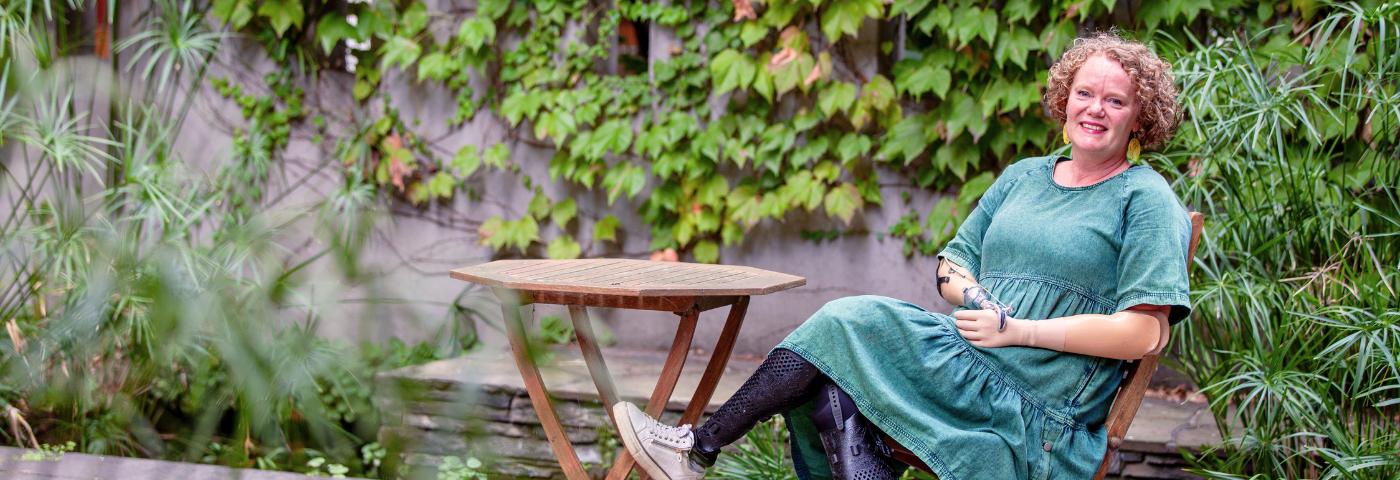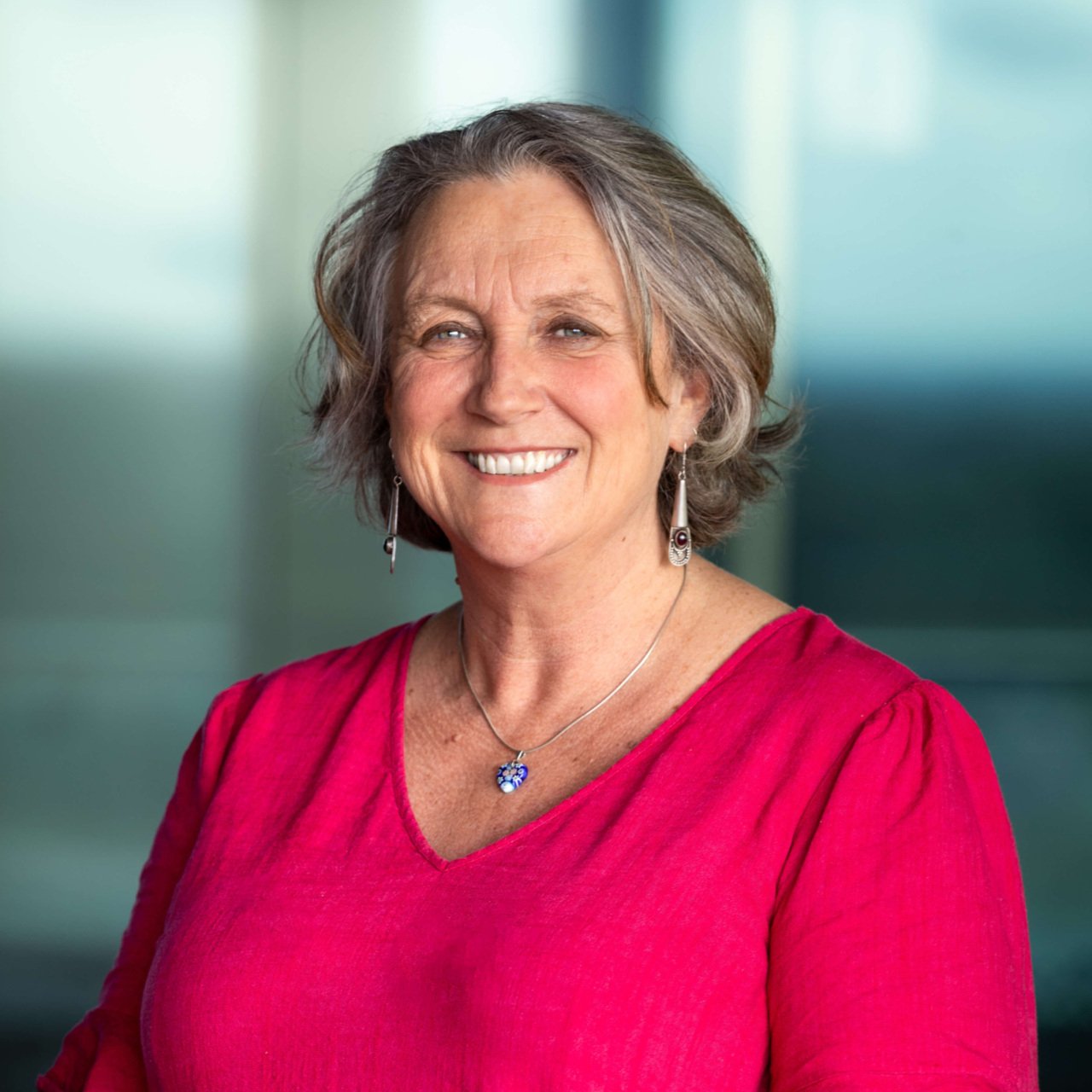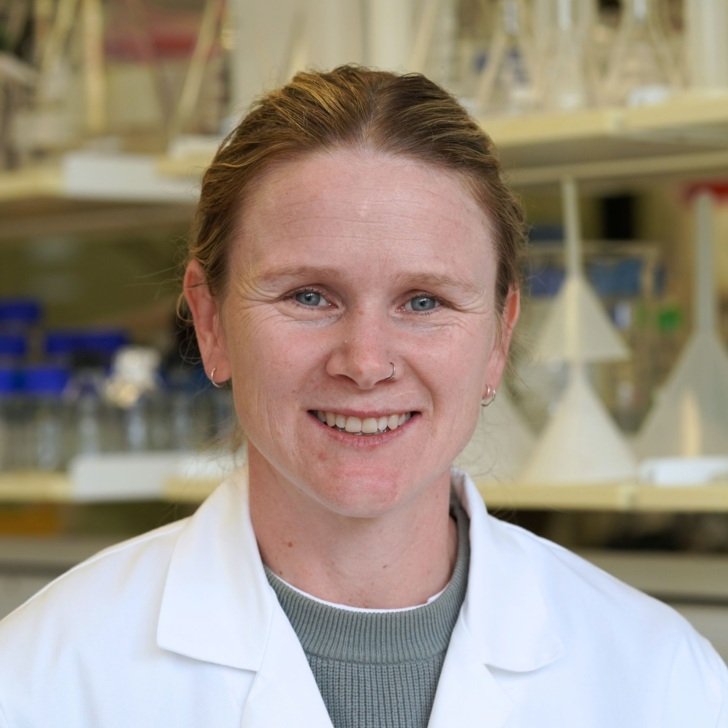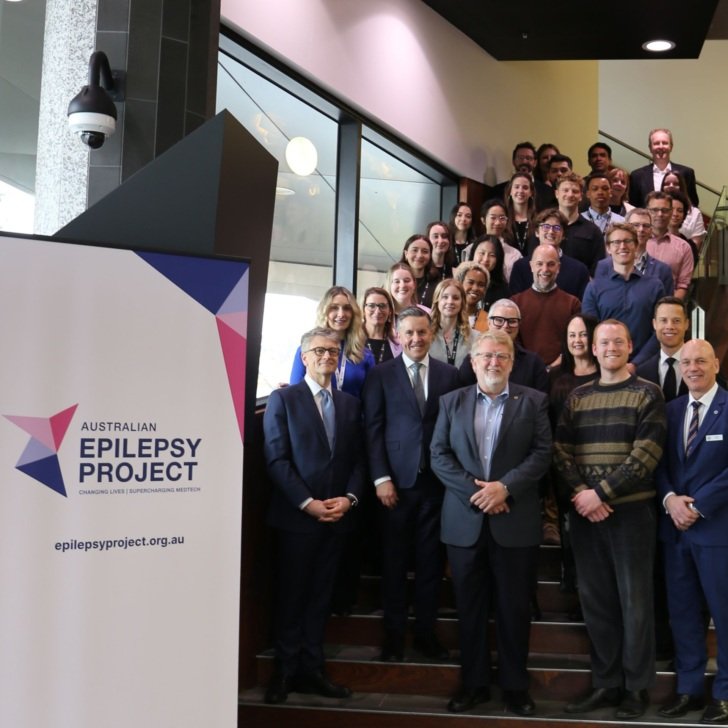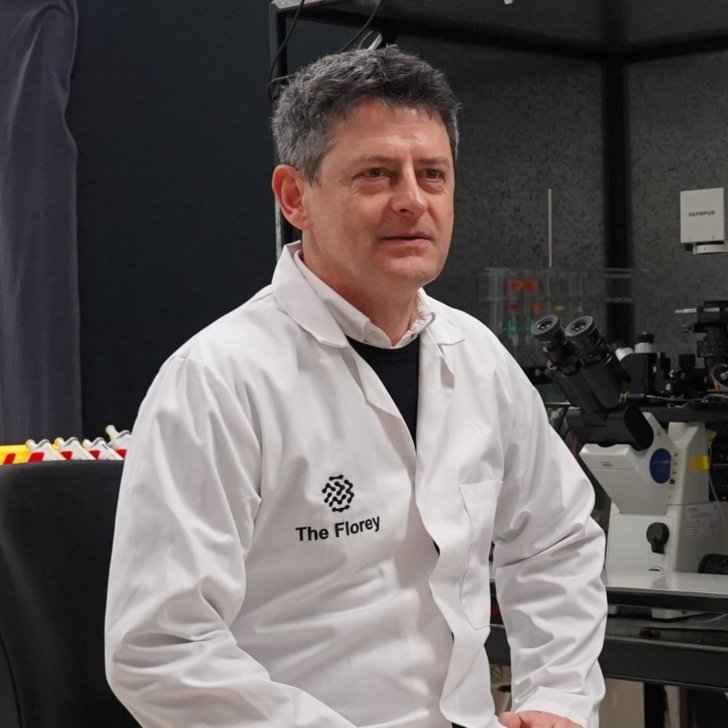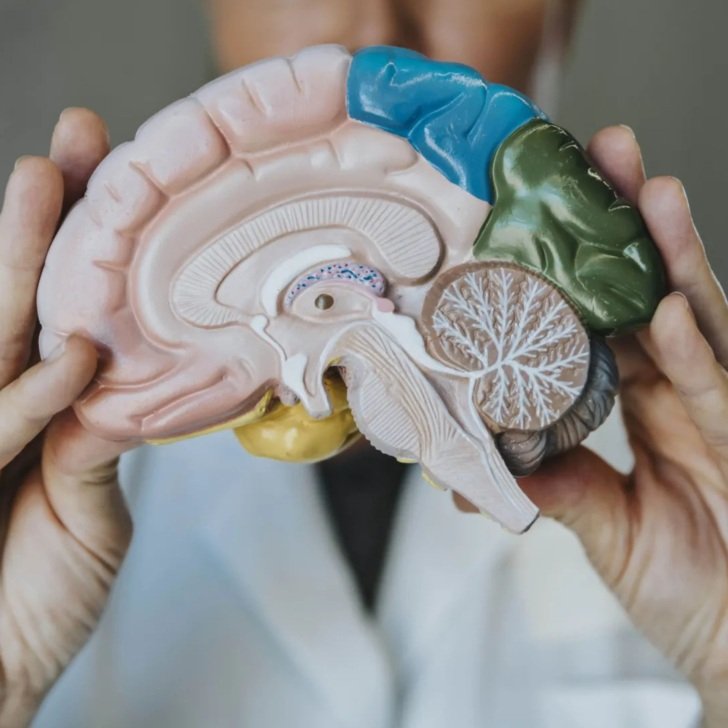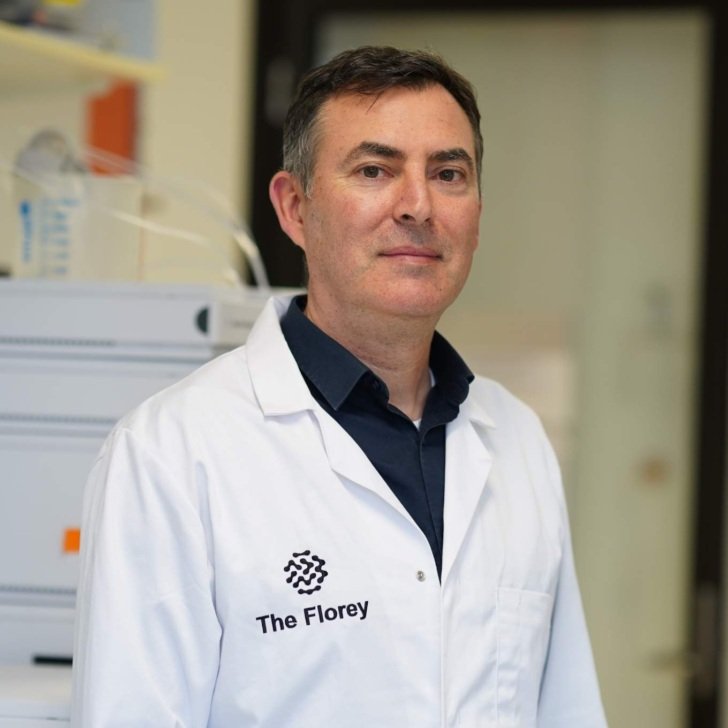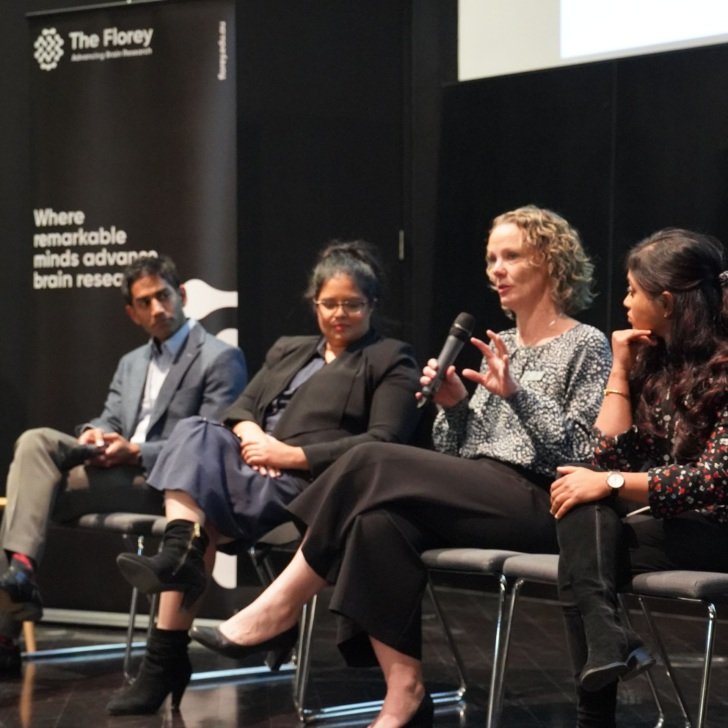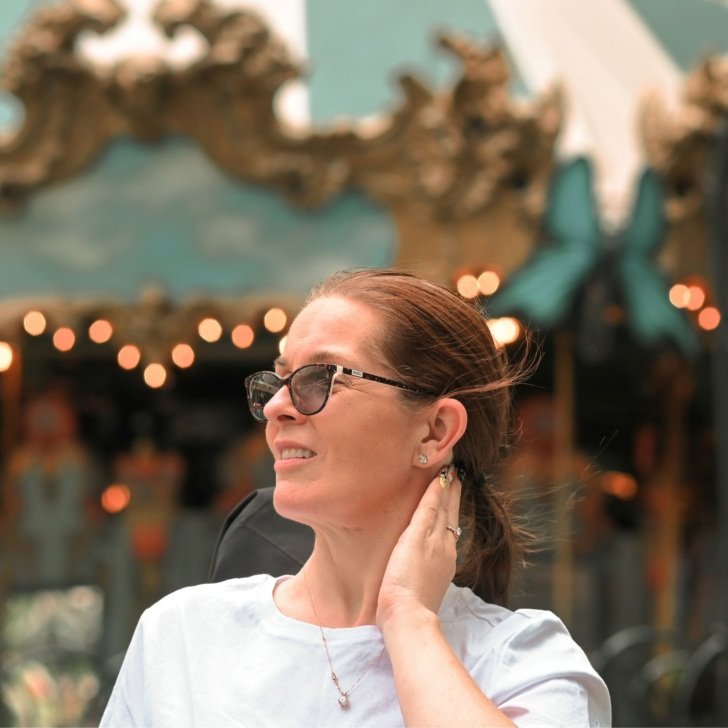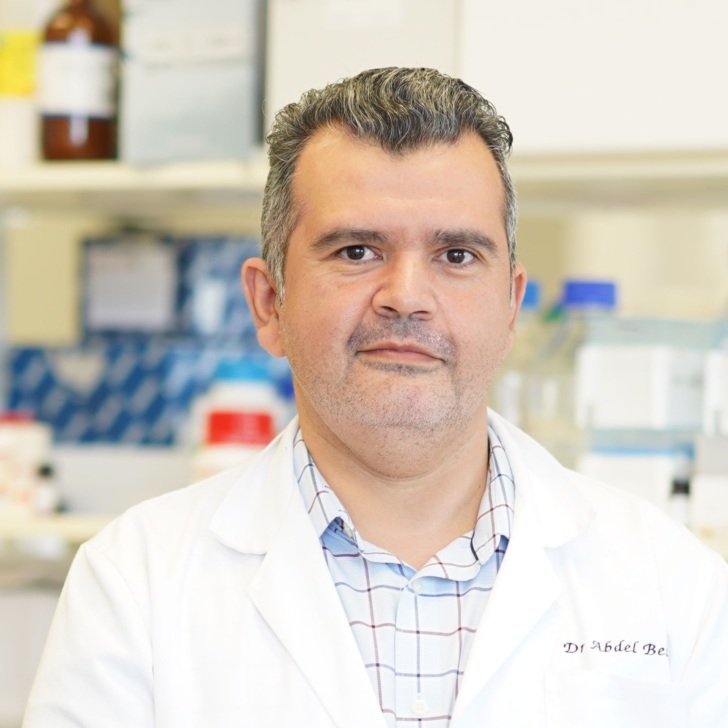- In 2013, Mandy McCracken was rushed to hospital with symptoms of sepsis.
- Sepsis is a condition that starts with an infection that the body’s immune system fails to conquer. It kills approximately 11 million people globally every year.
- Mandy is now a passionate disability advocate who is following The Florey’s clinical trials of a potential new treatment for sepsis.
Against all the odds
Mandy McCracken has an amazing zest for life and capacity to laugh. But sometimes she imagines what it would be like if she’d known the symptoms of sepsis.
Mandy lives a busy and active life in regional Victoria with husband Rod and three daughters.
One Friday night back in 2013 she was rushed to hospital, and her life changed forever.
Mandy had been vomiting blood, was suffering excruciating pain, and had passed out due to what she had been told was a bad bout of flu or gastro.
“Unfortunately, I’m incredibly stoic. I had been writhing at home on the couch with a temperature. But after a short time, I was feeling so much pain in my stomach, it was off the scale. I decided not to bother everybody and was trying really hard not to wake them up.”
The strong mum said if she’d known then, what she knows now, she would have gone straight to hospital and asked: “Could it be sepsis?”
For Mandy it was a sliding doors moment.
“But I’d never heard of sepsis, and I had no idea. If I had, then perhaps my family wouldn’t have had to go through hell, and I’d still have my hands and feet. Bad luck is what it was.”
Sepsis is a condition that starts with an infection that the body’s immune system fails to conquer. It causes multiple organ failure, low blood pressure and kills approximately 11 million people globally every year.
On the way to hospital, Mandy’s condition worsened, and she was finally transferred to a Mobile Intensive Care Ambulance.
My blood pressure had crashed. When I arrived at the hospital, they put me straight into a coma.
She was so sick, the doctors prepared for the worst. Rod and their three little girls, Samantha aged 9, Isobel 7 and Tess 4, said their final goodbyes to her.
Thankfully, and against the odds, Mandy pulled through, but one of sepsis’s most damaging symptoms, extreme low blood pressure, had already taken its toll.
“When I woke from my coma 10 days later, my hands and feet looked like they’d been dipped in black paint, my hands were curling up like I was an Egyptian mummy.”
As with many sepsis survivors, amputation was unavoidable. Both of Mandy’s legs were removed below the knee, and both arms below the elbow.
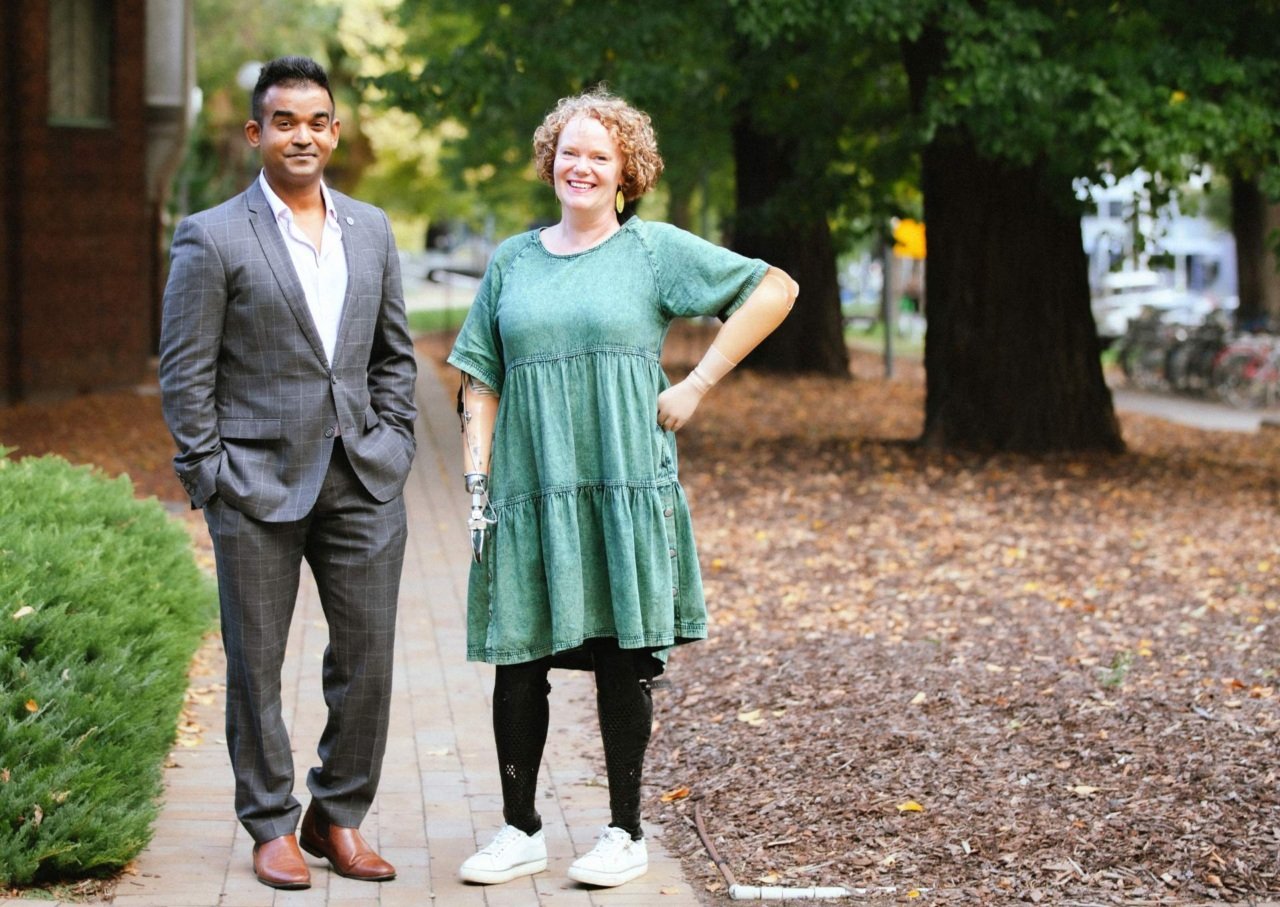
In the future, such surgeries might be avoidable. A team led by Professor Yugeesh Lankadeva at The Florey is working on a promising nationwide project to stop sepsis.
Professor Lankadeva says work in preclinical models, as well as a recently completed clinical trial, has now shown that a pH-balanced formulation of sodium ascorbate, developed at The Florey over the past decade, effectively reverses sepsis.
“When somebody has sepsis, their blood pressure drops dangerously low, depriving the extremities of oxygen and causing multiple organ failure,” says Professor Lankadeva.
Their kidneys stop working, and in many cases, it’s fatal. We’ve seen these life-threatening symptoms reverse in septic patients that receive our promising therapy. Our next step is to trial our treatment in intensive care units around Australia, and really put it to the test.
These days Mandy has four prosthetic limbs and is still a very busy community member, wife and mum. She drives, occasionally rock-climbs, and advocates for people living with disabilities and sepsis survivors. She founded a peer support group for quadruple amputees called “The Quad Squad” and a disability charity “Get Started Disability Support Australia” which aims to support those who are new to living with a disability.
Mandy is eagerly following The Florey’s clinical trials of sodium ascorbate as a potential treatment for sepsis.
“It is incredible,” she says, of the research so far. “If this kind of treatment had been available to me, I might have been unaffected by sepsis.”
